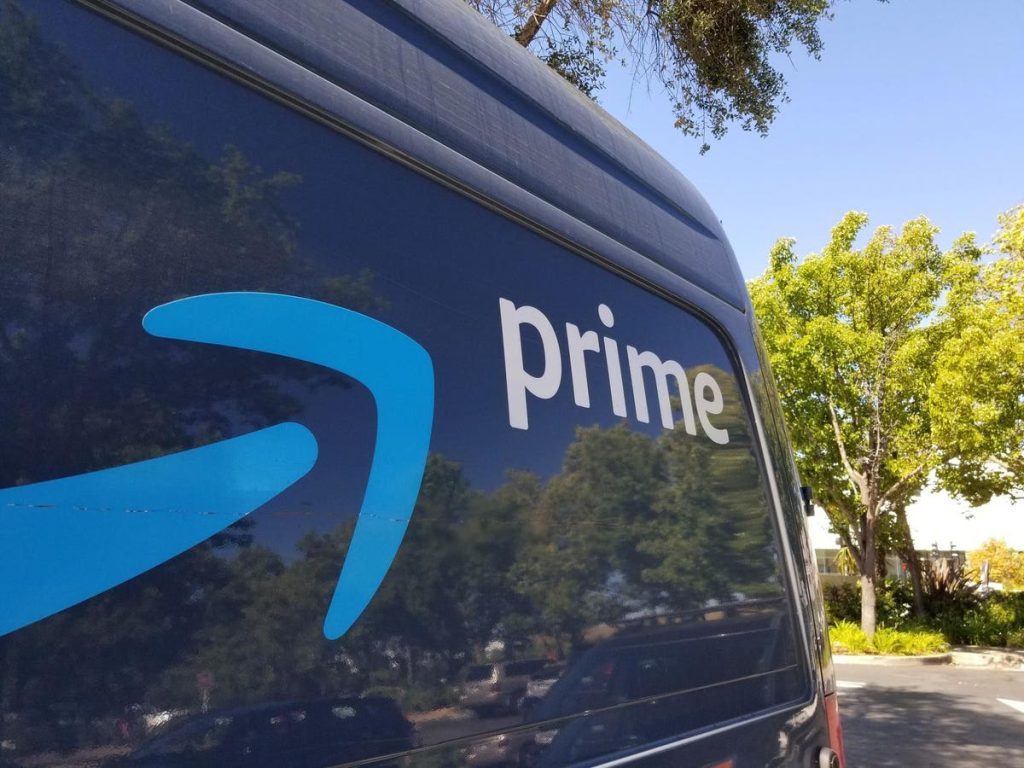Amazon says it’s using machine learning to crack down on fake reviews, but is calling on governments to do more to help.
Following criticism from consumer groups such as Which?, the company says it blocked more than 200 million suspected fake reviews during 2022, and has ramped up its detection tools.
“We invest significant resources to proactively stop fake reviews,” it says in a statement.
“This includes machine learning models that analyze thousands of data points to detect risk, including relations to other accounts, sign-in activity, review history, and other indications of unusual behavior and expert investigators that use sophisticated fraud-detection tools to analyze and prevent fake reviews from ever appearing in our store.”
Amazon says it took legal action against more than 90 fake review brokers around the world, and sued more than 10,000 Facebook group administrators who attempted to post fake reviews in exchange for money or free products. As of the end of May this year, it’s already taken legal action against 94 bad actors, including fraudsters in the US, China, and Europe.
However, the company is calling for more support from governments in terms of legislation and enforcement.
“The specific situation varies by country. In some countries, governments should establish enforcement authority or stronger enforcement tools to penalize fake review brokers,” it says.
“In countries that already have legislation or regulations against soliciting fake reviews, we believe regulators should be doing more to use their existing enforcement authority to take action against fake review brokers.”
In the UK, the upcoming Digital Markets, Competition and Consumers Bill will increase the legal powers available to regulator the Competition and Markets Authority (CMA).
“A better collaborative effort by industry and the government to share data to tackle the problem would be a step in the right direction. However, as Amazon suggests, there needs to be more clarity on enforcement,” says Rocio Concha, Which? director of policy and advocacy.
“The government’s Digital Markets, Competition and Consumers Bill will be an important first step to enabling the regulator to clamp down on fake reviews, but the Bill must go further by explicitly making the buying, selling and hosting of fake reviews subject to criminal enforcement.”
Amazon is also calling for more funding for law enforcement to investigate and take down fake review brokers. Meanwhile, it wants to see more collaboration within the industry in order to share information on fake review tactics and techniques, and better controls for services that facilitate the solicitation of fake reviews.
“While our efforts with third-party services have resulted in better and faster responses to our takedown requests from some services providers, all sites that could be used to facilitate this illicit activity should have robust notice and takedown processes that are effective and fast,” it says.
However, Which? says the company still isn’t going far enough, claiming that Facebook fake review ‘factories’ trading reviews for Amazon and other sites can still be found easily.
“Recent government research found that up to one in seven reviews in popular product categories on e-commerce platforms are fake—and our own research has shown how fake reviews make consumers more than twice as likely to choose poor-quality products—so fake and misleading reviews are still a huge problem,” says Concha.
Read the full article here










